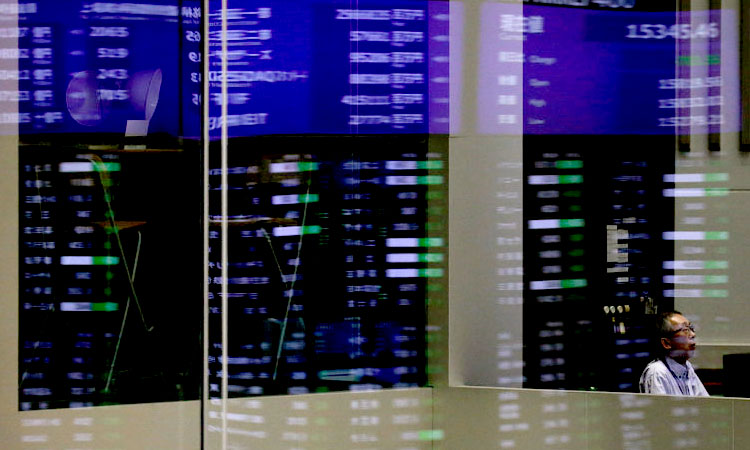It also anticipates unambiguously positive adjusted free cash flow for the year, with offered capacity at passenger airlines expected to average approximately 75% of pre-crisis levels in 2019. Tickets should remain in high demand for the rest of the year, according to the report.
Because of the jump in demand, adjusted EBIT in the third quarter should be much higher than in the second quarter. However, it is now planning for roughly 80% of pre-crisis capacity in the three-month period, down from the previously reported 85 percent for the summer, implying that some flight cancellations will be necessary to stabilize operations.
In a research note, Citi analysts stated that the business issued a good outlook for the third quarter and the entire year.
Lufthansa also released preliminary results in July, showing second-quarter revenue of EUR8.46 billion, up from EUR3.21 billion, and an adjusted EBIT of EUR393 million, compared to a loss of EUR827 million the previous year. The net profit was EUR259 million, compared to a deficit of EUR756 million the previous year.
It reported an adjusted EBIT loss of EUR86 million in its passenger airline sector for the second quarter, down from a loss of EUR1.2 billion the previous year. The result was burdened by 158 million euros of irregularity costs due to flight operations disruptions, it stated.

